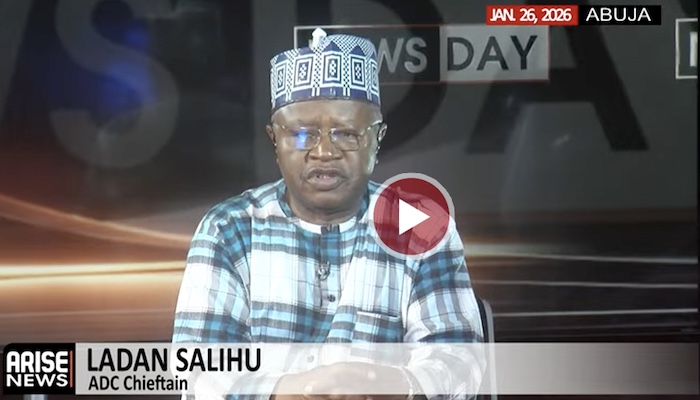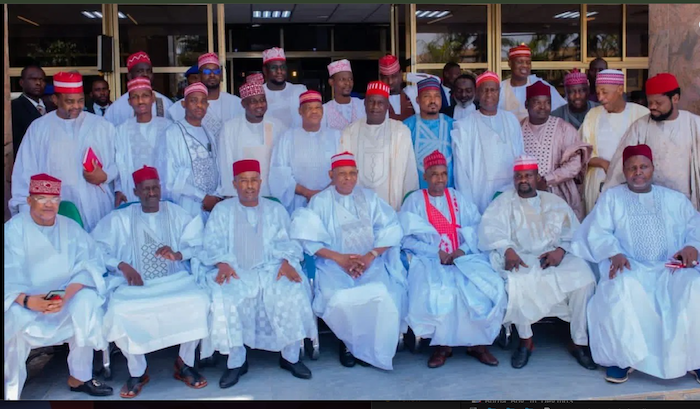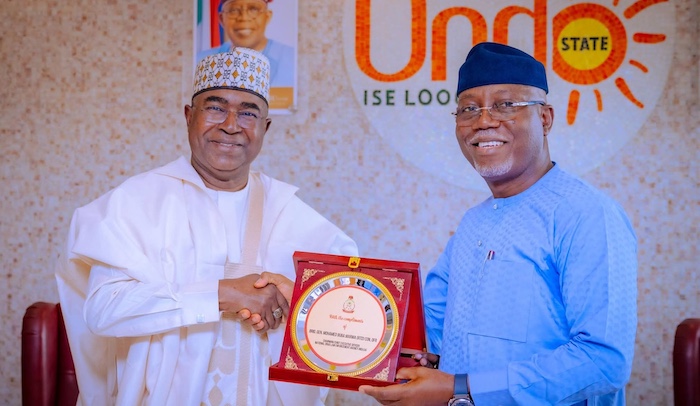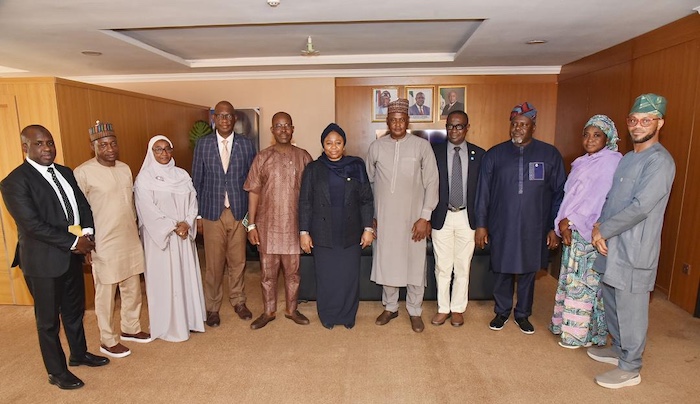
Initiative to support 450 artists, train 250 professionals and strengthen West Africa–EU cultural relations.
The European Union has launched the Africa–Europe Partnerships for Culture (AEPC) Nigeria Cluster, reaffirming its commitment to empowering creatives and strengthening cultural collaboration between both continents.
According to a statement released on Saturday, the €30 million EU-funded programme, to be implemented by the Goethe-Institut, will open up fresh opportunities for Nigerian artists, cultural organisations, and creative professionals to collaborate, co-create, and access international platforms across Sub-Saharan Africa and Europe.
The initiative officially debuted in Lagos, where the EU Ambassador to Nigeria and ECOWAS, Gautier Mignot, described culture as central to sustainable development, innovation, and social cohesion.
“We see culture as a driver of mutual understanding, creative innovation, and economic opportunity,” Mignot said.
He noted that the launch of the Nigeria Cluster underscores the EU’s long-term commitment to building stronger cultural bridges with Africa, adding that the programme aligns with the EU’s Global Gateway Strategy, which focuses on connecting communities and expanding shared prosperity.
“Our goal is to create spaces where voices can be heard, where creative talents can grow without limits, and where stories that often remain unseen or forgotten can be part of the global conversation,” he added.
Highlighting other EU-funded cultural programmes, the Ambassador pointed to the €20 million Strengthening African-European Museum Partnerships initiative and the €15 million Creative Africa project aimed at improving cooperation in the audiovisual industry. He also referenced ongoing support for cultural events such as the Festival of Illustrators and the Eastern Nigeria Film Festival.
In her remarks, Nadine Siegert, Director of the Goethe-Institut Nigeria, described the launch of the AEPC Nigeria Cluster as a “landmark milestone” for cultural exchange and creative development.
She said Nigeria’s creative sector continues to attract global attention, and the AEPC would provide new avenues for collaboration, learning and sustainable growth within the industry.
“Our commitment is rooted in three pillars: collaboration, capacity building and enhancing visibility and access,” Siegert said.
“By supporting creative hubs, digital platforms and funding initiatives, we want to break down barriers and ensure that opportunities in the cultural space are available to all.”
Across West Africa, the AEPC will foster cultural cooperation among countries including Benin, Burkina Faso, Cape Verde, Côte d’Ivoire, The Gambia, Ghana, Guinea, Guinea-Bissau, Liberia, Mali, Niger, Senegal, Sierra Leone, Togo, and the European Union.
The project is expected to train 250 creative professionals, support 450 artists, connect 48 festivals, and further strengthen West Africa–EU cultural relations with long-term social and economic benefits.



